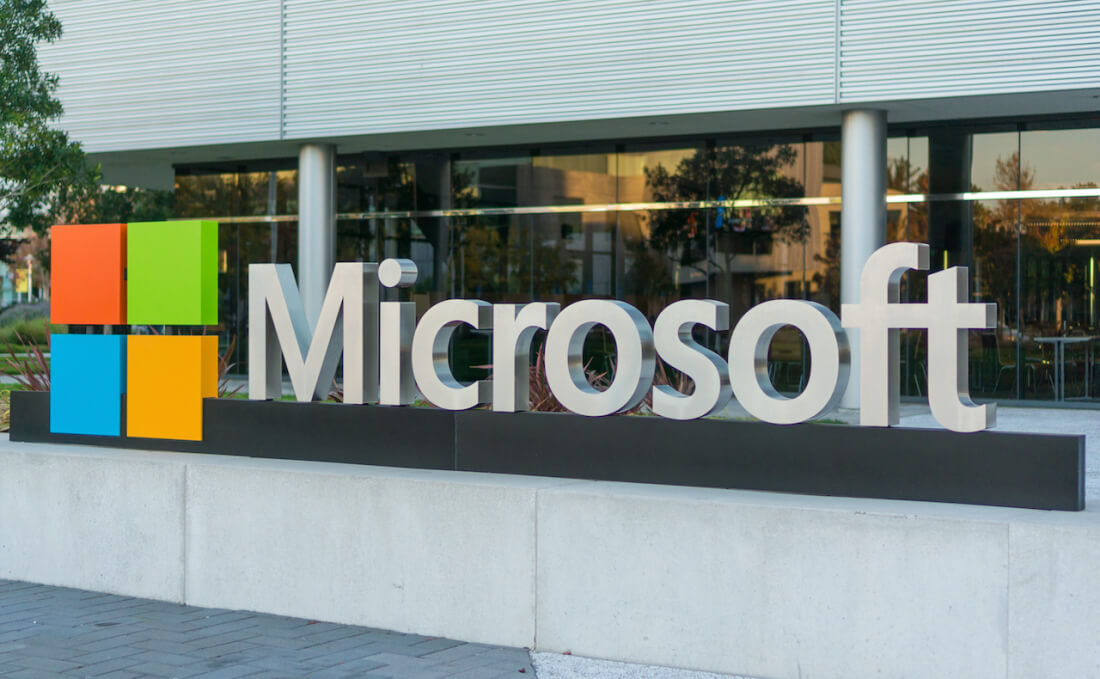Microsoft has released its earnings report for the second fiscal quarter of 2017, and it's good news for the Windows maker. The firm beat Wall Street expectations with revenue of $26.1 billion, net income of $6.5 billion, and earnings per share of $0.83.
Microsoft's Q2 2017 revenue beat estimates of $25.3 billion and was up from the $25.7 billion reported during the same quarter a year earlier. Earnings per share, meanwhile, was predicted to be $0.79 and grew from $0.78 in Q2 2016.

Once again, Azure cloud services continues to do well for Microsoft - its revenue has almost doubled over the last 12 months as it closes the gap on Amazon Web Services.
Overall, the Intelligent Cloud Business, which includes server products and cloud services, was up 8 percent to $6.9 billion. The company said its commercial cloud annual run rate - calculated by multiplying cloud property revenue from the last month of the quarter by 12 - now exceeds $14 billion.
Microsoft completed its acquisition of LinkedIn on December 8 last year. The social network has contributed $228 million in the three weeks since the deal finalized, but its net income is in minus figures - a loss of $100 million.
The Personal Computing Unit - the section that covers Windows licensing revenues, gaming, and devices - is down 5 percent compared to the same period last year to $11.8 billion. Windows OEM revenue was actually up 5 percent, but gaming revenue was down 3 percent to $3.6 billion (despite Xbox Live memberships and Xbox game sales increasing); this was due to "lower Xbox console pricing and lower console volume."
Microsoft blamed ever-decreasing phone revenue - now down 81 percent - for the Personal Computing Unit's decline, which also reported Surface line revenue decreasing 2 percent, from $1.35 billion in Q2 2016 to $1.32 billion in Q2 2017.
Like the Cloud Computing section, Productivity and Business Processes was a bright spot for Microsoft. The segment, which covers Office and Office 365, was up 10 percent to $7.4 billion.
Despite the strong numbers, Microsoft shares remained flat in after-hours trading, probably because of the disappointing Personal Computing Unit's results.
During the company's earnings call, CEO Satya Nadella said Microsoft was focusing on deep learning and AI. He added that the 18 billion questions users have asked Cortana created a strong base for machine learning.
